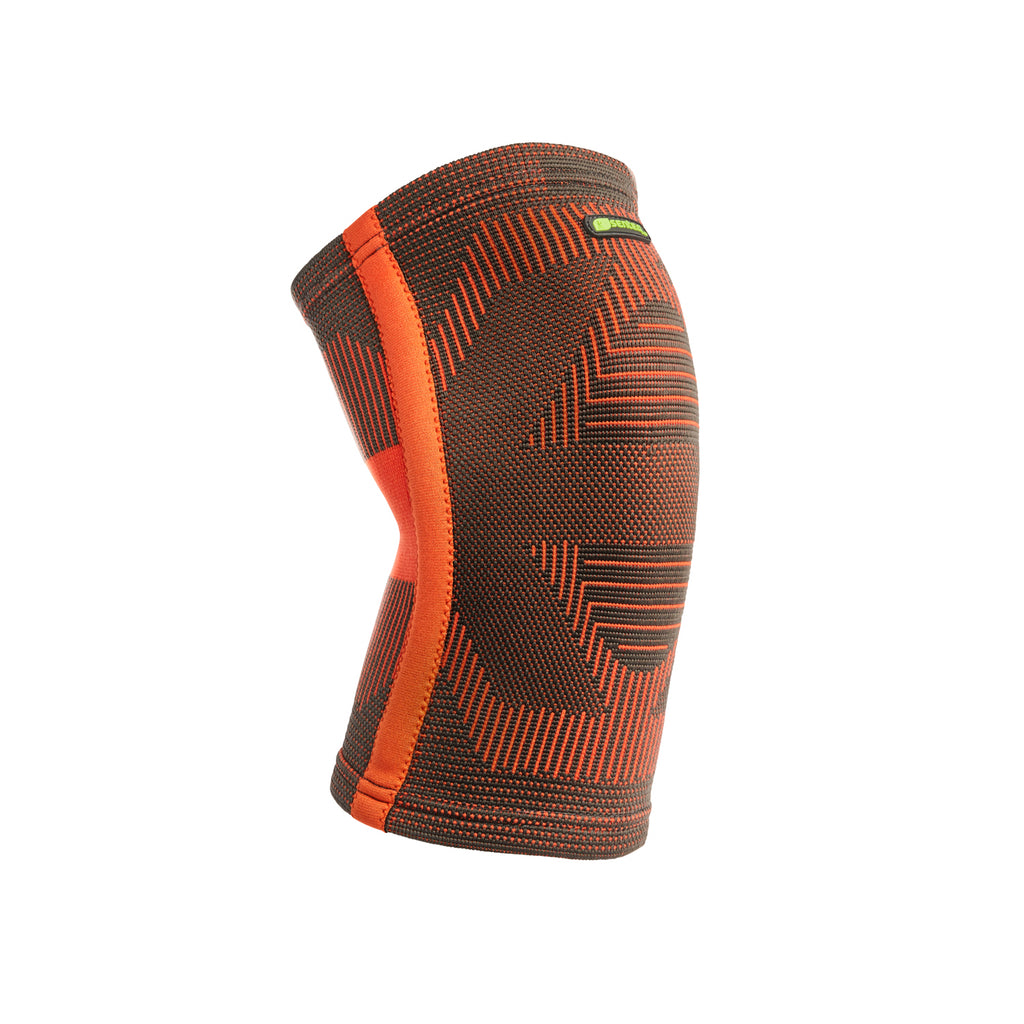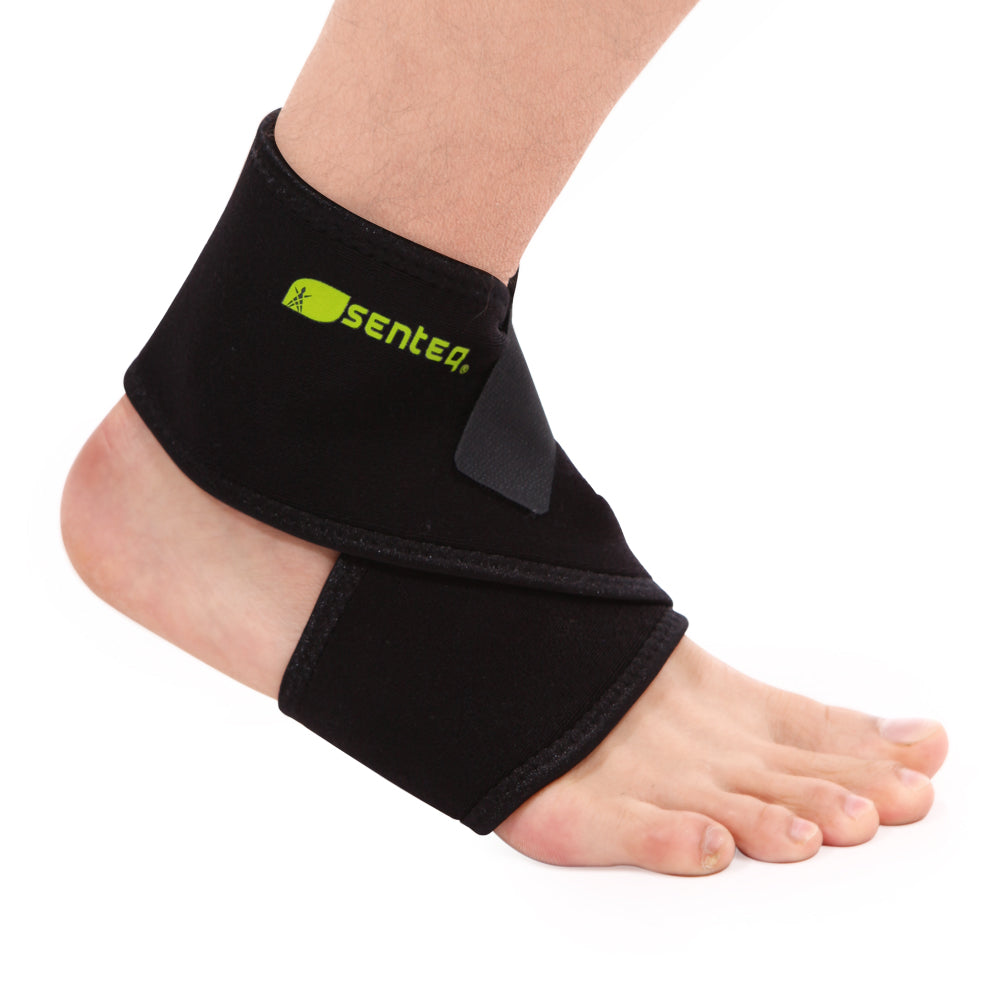Discover the Natural Anti-Aging Supplement
Staying active is a proven anti-aging supplement. It reduces the risk of developing many diseases and allows people to live longer. The average life expectancy in the United States is 79 and this number is expected to rise.
Research has shown that exercise reduces the risk of heart attacks by 44% and cancer by 15%. If you want to ensure you stay living for a long time, keep reading.
This article talks about how staying active in later life can promote your long-term health, keep you more focused mentally on late-life tasks, and increase your desire to eat healthily.
Benefits of staying active
Many seniors fall prey to illnesses such as cardiovascular disease, dementia, and Alzheimer's. Those who can remain active can slow or even halt the onset of these problems.
Being physically active can make a big difference to your quality of life. It helps you...
- Relax
- Stay healthy
- Maintain a healthy weight
- Relieve stress
- Become more energetic
- Have more self-esteem
- Live longer
There are many benefits of staying active in later years. Get out of the house and do stuff to make your day easier. See what other activities you can take part in. Sports or exercise classes might be a good option, where you can meet people and have an enjoyable time by yourself, with friends or as a family.
What kind of activity should you do?
To stay active, you might decide to start taking an exercise class, join a team, or maybe even play a sport. However, if you were never into sports in the first place, you might not know what your next step should be.
Luckily, many different activities can help keep your blood flowing and boost energy levels. Some options include walking outside, playing with the grandkids in the backyard, or even gardening at home.
There are many activities that you can do - the key is to find one that you like so that you will want to stick with it.
How to get started?
If you're looking for new ways to stay active, here are some tips to help get you started.
- Start small. Your first step is to start by getting your body moving in a way that's gentler and more manageable than jogging or playing sports. You can get creative about what exercise routine you want to try.
- Try to find an activity that you can do with others. It might be a class at the gym, group bicycle rides, or even staying socially active by going out for coffee and lunch with friends more regularly.
- Make sure it's something that will work for your lifestyle. Think about how often, for how long, and at what intensity, you want to be performing your activity.
- Set realistic goals. It's important to set achievable goals for yourself that you know you can achieve each day. They should not be too challenging or impossible to reach at a later stage of life. And if you have someone else helping you with your goals, this person should have the same expectations as you do.
How to improve your strength, balance, and flexibility?
Strengthening exercises are a great way to work your muscles to hold their strength, increase muscle tone and build up endurance.
Examples of muscle-strengthening activities include:
- Dancing
- Lifting weights
- Climbing stairs
- Working with resistance bands
- Heavy gardening
- Push-ups
- Pull-ups
Balance and coordination are vital parts of our everyday lives. These will help prevent falls and injuries while also stimulating the brain.
Examples of balance and coordination activities include:
- Yoga
- Pilates
- Tai chi
- Tightrope walks
- Flamingo stand
One way in which older people can stay healthy and active is by improving their flexibility. By doing so, you will be able to avoid injuries and diseases.
Examples of activities that improve your flexibility include:
- Pilates
- Yoga
- Tai chi
People in their later years often worry about how to stay physically active. The good news is that it's never too late to start an exercise regimen. Staying active keeps your bones strong, your heart healthy, and your brain sharp. Make sure you have some balance in your life by embracing different types of exercise.
Note: Before doing any exercise, consult your doctor about how much exercise you should do and what to avoid.











